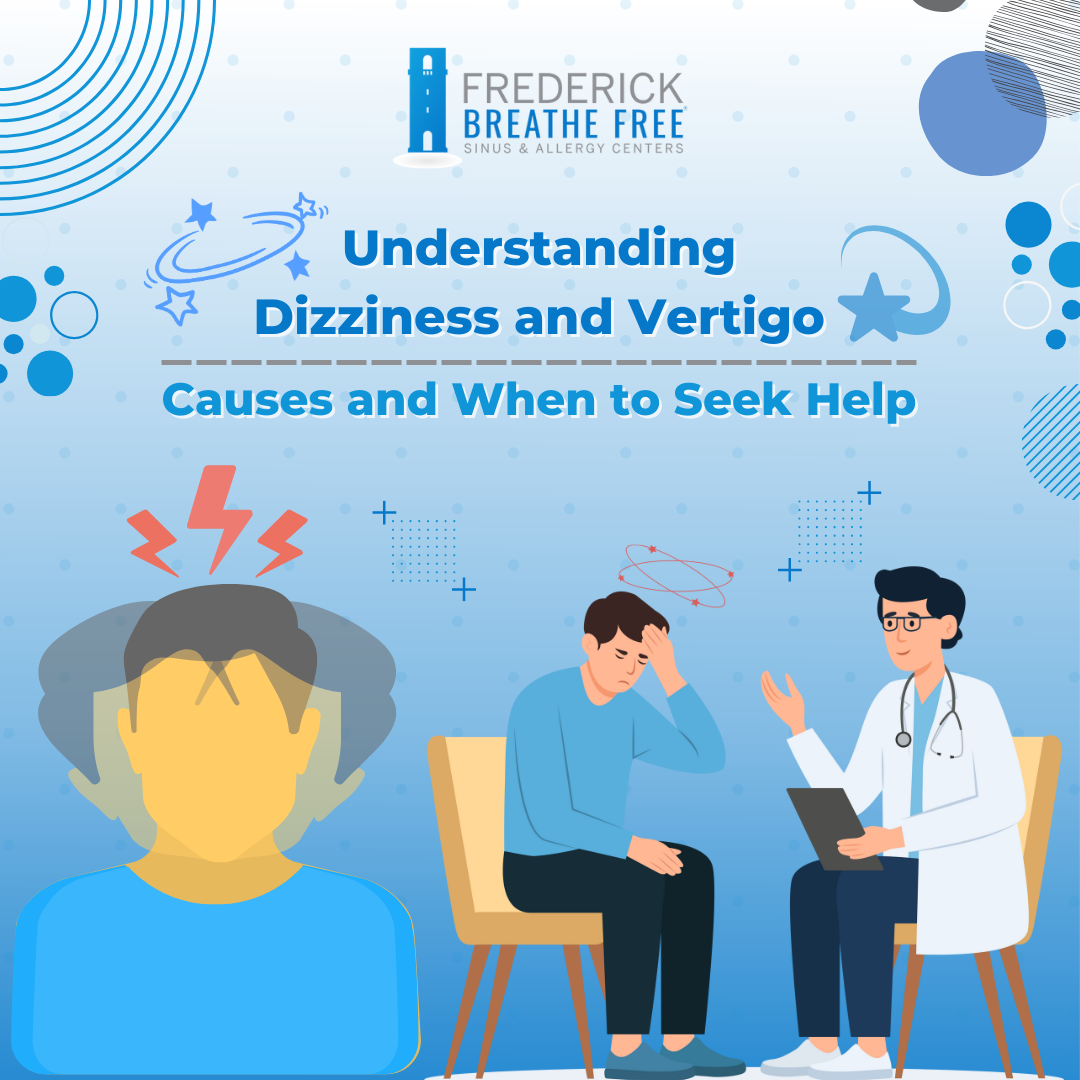Fall Allergies vs. Spring Allergies: Why They Feel Different and How to Manage Both
For most, seasonal changes and transitions from one season to the next are fun and exciting. However, for allergy sufferers, seasonal transitions can be quite problematic due to seasonal allergies. Depending on what their allergens and triggers are, people who suffer from allergies will experience varying symptoms at different times of the year.
People who are forced to deal with annoying (and often painful) symptoms like frequent sneezing, runny nose, nasal congestion, itchy and watery eyes, and headaches at specific times of the year are likely to suffer seasonal allergies.

Fall Allergy: What Is It?
Allergy sufferers experiencing symptoms in the fall are likely dealing with fall allergies.
Ragweed pollen is the most common allergen during this time. Ragweed grows across the United States and releases pollen from August through November, with peak levels typically occurring in early to mid-September.
Mold thrives in moist and damp environments and it’s another common fall allergen due to rotting leaves. Mold releases spores that can easily spread through the air to reproduce and be inhaled by many unsuspecting allergy sufferers.
Indoor allergens are also quite common in the fall as more people tend to spend more time in their homes. Pet dander, dust, dust mites, and cockroaches are a few common indoor allergens.
Spring Allergy: What Is It?
People who experience allergies in the spring are likely dealing with spring seasonal allergies.
Spring allergies usually begin at the start of the season and can last through the summer. Many trees and grasses release pollen from February to May, with peak allergy season typically occurring between March and May.
Spring allergens are mostly pollen from trees and grass. Common tree pollen allergens in the spring include:
- Aspen
- Ash
- Oak
- Elm
- Cottonwood
- Cedar
- Mulberry
- Willow
- Maple
On the other hand, common grass pollen allergens in the spring include:
- Bahia
- Bermuda
- Rye
- Sweet vernal
- Orchard
- Johnson
- Kentucky blue
- Timothy
- Fescue
Are Fall and Spring Allergy Symptoms the Same or Different?
The symptoms of fall and spring allergies are generally the same, regardless of the season or the specific allergens involved. While the severity of symptoms may vary, the types of reactions—such as sneezing, congestion, and itchy eyes—are typically consistent across both seasons.
Fall and Spring Allergies: Managing Seasonal Symptoms
- As allergy sufferers, it would make sense to know for certain what allergens trigger your symptoms. This lets you know how you should take precautions, limit exposure, and take your allergy medications.
- Always monitor pollen counts before going out.
- Keep the windows to your home and car closed to limit exposure to allergens.
- It would be best to stay indoors during windy days as allergens can easily travel for miles through the air.
- When going outside, always wear a protective mask.
- Immediately change out of your outdoor clothes and get in the shower after spending time outside. This gets rid of any and all allergens you might’ve picked up and prevents you from spreading it throughout your home.
- Take your allergy medication if allergen counts are high and if you’re going outside.
- Don’t hang laundry outside during allergy season.
- Use antihistamines, nasal sprays, and eye drops to manage allergy symptoms.
- Invest in high-quality filters in your home’s heating and air conditioning systems.
- Use a dehumidifier to keep indoor air dry and prevent the growth of indoor mold.
- Consult with an allergist for an allergy test and allergy treatment and management options.
Seasonal Allergies? Let Frederick Breathe Free Help!
Allergies can be hard to manage, especially if you don’t know what causes yours. At Frederick Breathe Free, we are committed to helping our allergy-ridden patients find relief. We always make sure to consider their lifestyle, personal preferences, and history in creating effective treatment plans.
If you’re ready to start managing your allergies for easier transitions from one season to the next, reach out to us and book a consultation with one of our experts today!


.png)



.png)
